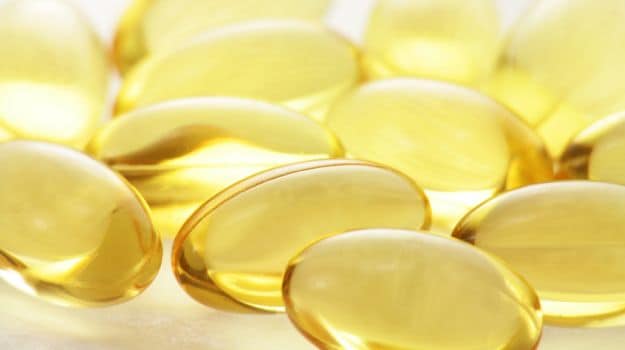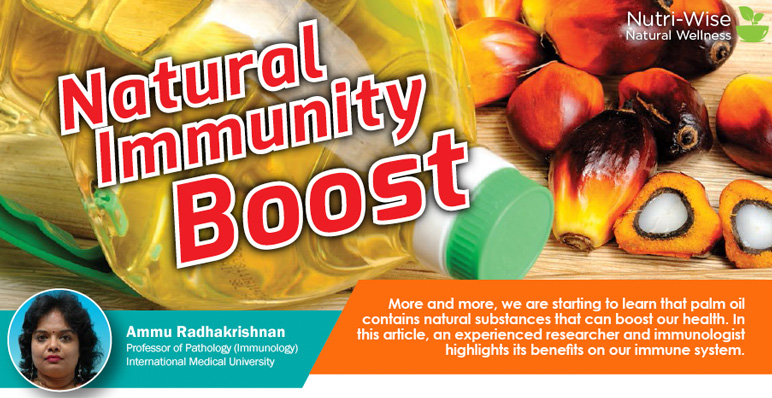Supplements of vitamin C and E may reduce the risk of cognitive decline, according to data from the Canadian Study of Health and Aging.
Data collected over the period 1991-2002 for 5,269 people aged over 65 indicated that users of vitamin C and/or E supplements had a 23% reduced risk cognitive impairment, not dementia (CIND), Alzheimer’s disease (AD), or all-cause dementia.
“This study supports a protective role of vitamin E and C supplements in the risk for AD and all-cause dementia. In addition, these supplements may contribute to a reduced risk of CIND,” wrote researchers from the Center of Excellence for the Aging of Québec and the Center for Health Social Services of Chicoutimi in the Annals of Pharmacotherapy .




 V
V